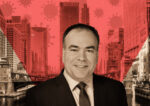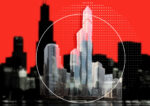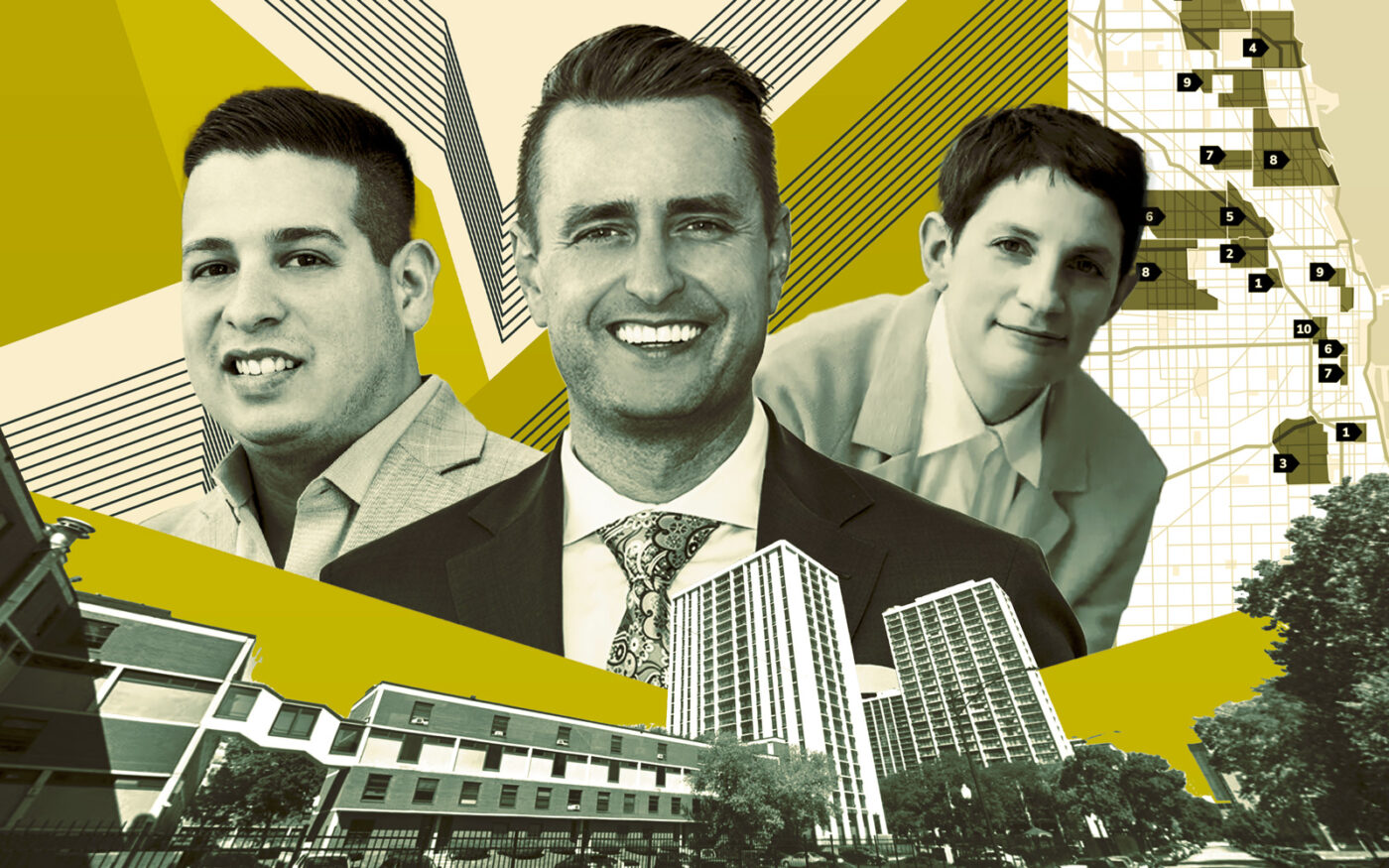Which Chicago neighborhoods have the most – and least – expensive homeowner’s association assessments and property taxes? The answer may surprise you.
CashNet mapped out property fees as a percentage of total homeownership costs to accurately compare the burden of HOA assessments and property fees fairly across neighborhoods with varying property values.
Neighborhoods with more old high-rise buildings and relatively lower property values reported the highest property fees, as fewer owners shared the cost of large expenses like staff, repairs on aging elevators and other big-ticket projects that have been deferred for longer periods of time than in high-value neighborhoods.
The area with the most burdensome property fees — defined as condo or homeowner association fees, home insurance and property taxes — in Chicago is South Commons. The area’s costs in those categories amounts to 57 percent of total monthly costs, and it’s followed by Hyde Park at 56 percent and South Shore at 54 percent.
One factor to consider is that neighborhoods like Hyde Park and South Shore still have vintage high-rise condo buildings that offer 2,000- to 3,000-square-foot units, whereas condos and apartments in other areas have been subdivided into smaller units, Living Room Realty agent Susannah Ribstein said. This means fewer owners share the cost of maintaining an old building.
In South Side neighborhoods like South Shore, property values have been “depressed for generations because of systemic racism,” Ribstein said. This disinvestment forces owners to defer maintenance at many properties, which leads to larger, more expensive issues down the road.
“The building doesn’t care where it’s located. It still needs the elevator maintained. It still needs the masonry tuckpointed,” Ribstein said. “A building in South Shore trying to keep up with those needs and protect their savings has to charge more as a percentage of overall housing costs because the maintenance costs are the same, but the property values are so much lower.”
Hyde Park is also home to many of Chicago’s remaining co-ops, which are often cheaper but have higher assessments, said Matt Laricy of Americorp Real Estate, one of Chicago’s top brokers. Co-op boards typically maintain less savings so they are more likely to charge owners with special assessments to fund large expenses, which raises the cost of monthly dues. However, co-op dues typically include property taxes, so it can be a trade-off for buyers.
“Special assessments aren’t always negative; some buildings prefer to keep their monthly HOA fees low and impose special assessments for major work,” Compass agent Rafael Murillo said.
Noble Square, on the West side of the city, ranked as the least expensive neighborhood for property fees, followed by Wicker Park and Bridgeport – all at 32 percent of monthly homeownership costs. The other neighborhoods on the least costly side of the list were: Woodlawn, Bucktown, Logan Square, Roscoe Village, Humboldt Park, Ravenswood and Kenwood.
“The housing stock in those areas tends to be single-family homes or smaller condo buildings, usually three to four stories tall,” Murillo said. “Maintenance on these smaller buildings is more manageable since they typically don’t have amenities like doormen, elevators, or extensive common areas.”
Also among the most expensive neighborhoods for property fees were Edgewater, Lakeview, West Ridge, Printers Row, Dearborn Park, Near North and West Loop Gate. Like Hyde Park, Edgewater and Lakeview have older high-rise condo buildings with aging elevators that need to be repaired or replaced.
The prices of condos and single-family homes in lakefront areas like Hyde Park are enticing enough to balance out the high monthly assessment costs, Ribstein said.
Historically, the fact that high-rises often have higher assessments has not dissuaded buyers, if that’s the kind of property they’re looking for, Laricy said.
The high-rise market has taken a downturn lately, but that is due to a larger post-pandemic trend of increased demand in the suburbs and for Chicago’s single-family homes and townhomes, Laricy said. Condos are not as hot as they used to be.
“You list a place in River North for $2 million, you’ll be lucky to get a shilling in a month. You list a place for $2 million in Winnetka on a Tuesday, the minute they put it up, they’re already calling for highest and best” offers, Laricy said.
The typical downtown high-rise buyers – empty nesters, young families, international buyers – are reconsidering due to concerns around crime or property taxes, but not assessments, he said.
“I don’t really get anybody that says they don’t want to buy in Chicago because of the HOA dues,” Laricy said. “I do get a lot, and I mean a lot, of people that say that they don’t want to buy because of taxes.”
Five Chicago neighborhoods made CashNet’s list of the 20 U.S. neighborhoods with the most expensive property fees, three of which broke the top 10. South Commons and Hyde Park came in third and fourth in the nation, respectively.
At the top of the national list were the Prospects Lefferts Gardens (69 percent of total monthly costs) and Flushing (65 percent) neighborhoods in New York City.
The U.S. neighborhoods with the least expensive assessments and property taxes were DC Ranch in Scottsdale, Arizona; Flying Horse in Colorado Springs, Colorado; and Galena in Reno, Nevada. Nine of the 20 neighborhoods with the lowest property fees were in Arizona.
The difference in monthly property fees between the most- and least-expensive neighborhoods nationwide was $1,566, according to CashNet.
Read more



